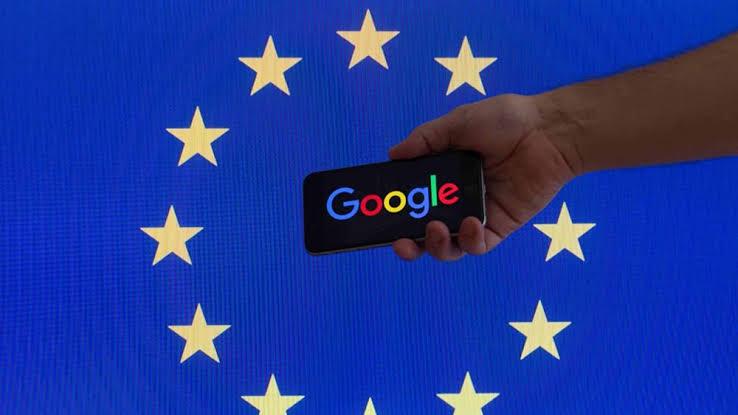Google is once again in the spotlight after the European Commission handed down a massive €2.95 billion (approximately $3.45 billion) fine for antitrust violations. The ruling, announced today, targets Google’s dominance in the advertising technology (adtech) sector, accusing the company of systematically favoring its own services at the expense of competitors and publishers. The decision represents one of the EU’s most significant actions yet against Big Tech, underscoring ongoing concerns over market fairness and competition.
What Triggered the Fine?
According to the European Commission, Google has been prioritizing its ad exchange platform, AdX, since 2014. By giving preferential treatment to its own tools, the company allegedly created an uneven playing field where competitors faced higher costs and reduced visibility. This, the Commission argues, distorted competition and harmed both advertisers and publishers who rely on fair access to digital advertising markets.
The case builds on years of investigation into Google’s adtech ecosystem, which spans from buying and selling ads to managing campaigns across millions of websites. Regulators concluded that Google leveraged its dominant market position to keep publishers and advertisers locked into its platforms, limiting choice and stifling innovation.
Google’s Response and Plans to Appeal
Unsurprisingly, Google has pushed back against the ruling. In a public statement, the company confirmed its intent to appeal the fine, arguing that the Commission’s decision could have unintended consequences for European businesses. Google insists that its tools provide value by reducing costs and increasing efficiency for advertisers and publishers, and claims that competition in the adtech sector is stronger than regulators suggest.
Legal experts note that while appeals can delay enforcement, they rarely overturn such large-scale EU antitrust rulings. Previous cases involving Google—such as fines related to Android dominance and shopping services—were only partially reduced after years of litigation.
The Bigger Picture: Antitrust and Big Tech in Europe
This ruling is part of a broader trend: the EU taking a harder stance against Big Tech. Over the past decade, regulators in Brussels have fined Google more than €8 billion across multiple cases. The new Digital Markets Act (DMA), which came into effect in 2023, is designed to curb the dominance of so-called “gatekeepers” like Google, Meta, Amazon, and Apple.
For Google, the risks extend beyond financial penalties. The Commission has hinted at more drastic measures, including potential divestitures—forcing Google to separate parts of its adtech business. If pursued, this would represent one of the boldest regulatory actions in Europe’s digital economy.
Implications for Advertisers, Publishers, and Competitors
The ruling could have ripple effects across the digital advertising landscape.
- For advertisers: If competition increases, advertising costs may come down, allowing businesses to stretch their budgets further.
- For publishers: More options and fairer terms could boost revenue for media outlets, especially smaller publishers who have long complained about Google’s dominance.
- For competitors: Adtech startups and rival platforms may finally see an opportunity to capture market share, driving innovation in how digital ads are delivered and measured.
However, uncertainty remains. If Google’s appeal succeeds or leads to lengthy negotiations, meaningful change may take years to materialize.
Conclusion
The €2.95 billion fine against Google is more than just a headline—it reflects the EU’s determination to rein in the influence of digital giants and restore competition in key markets. For Google, it adds yet another chapter to its ongoing battle with European regulators. For the wider industry, it could reshape how online advertising works in the years ahead, creating both risks and opportunities for players across the ecosystem.
As the appeal process unfolds, businesses and publishers will be watching closely to see whether this ruling sparks real reform or becomes another protracted legal saga.



.png)




